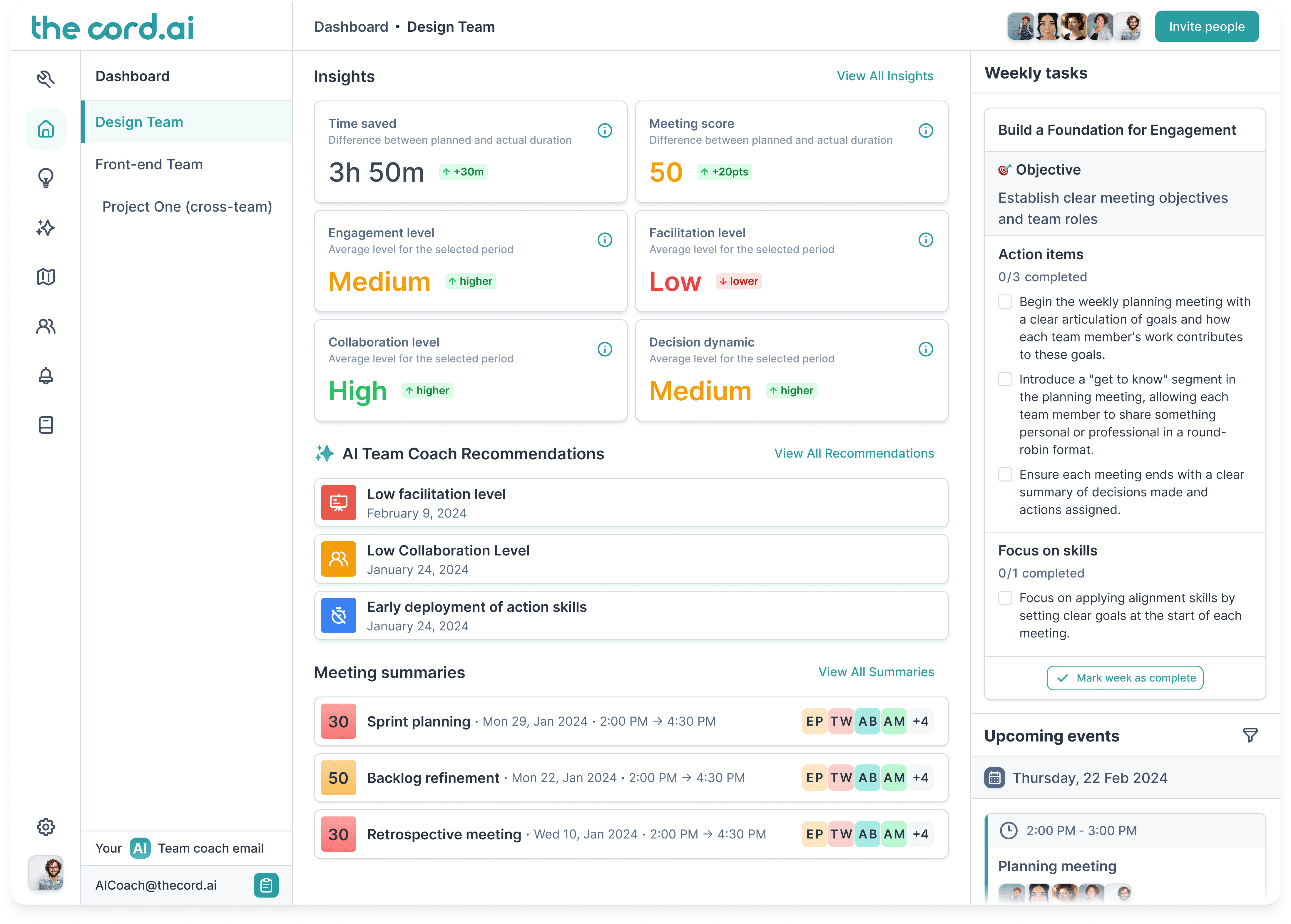In the wake of a global pandemic, the concept of working from home (WFH), creator of first remote or hybrid, then distributed teams, transitioned from a temporary measure to a permanent fixture in the lives of millions of Australians. This new normal is still a fluid status quo. In this context, the Fair Work Commission's consideration to enshrine WFH as a legal right marks a pivotal moment in workplace evolution. This potential legislative shift, spurred by the pandemic's lasting impact on work culture, signals a broader recognition of flexible work arrangements as not just a preference but a necessity for a balanced, inclusive, and productive workforce.
The discussion is timely, as recent studies indicate a distinct divide between current workplace satisfaction and the desire for greater flexibility. With 66% of knowledge workers expressing dissatisfaction with team dynamics and an alarming percentage considering leaving their jobs for more flexible options, the urgency for change is clear. Remote work, once seen as an employee perk, has revealed itself to be a complex issue, full of challenges like maintaining team cohesion, ensuring productivity, and fostering a strong company culture across digital divides.
The debate on WFH rights underscores a broader shift towards acknowledging and accommodating the diverse needs of the modern workforce. As businesses and policymakers weigh the benefits of flexibility against fears of decreased productivity and potential economic impacts, tools like theCoRD offer a way forward. They enable organisations to harness the benefits of distributed work—enhanced work-life balance, accessibility for parents and carers, and opportunities for those in remote areas—while mitigating the risks.
theCoRD is a revolutionary tool designed to bridge these gaps and elevate distributed team efficiency. As the Fair Work Commission deliberates on making WFH a legal entitlement, theCoRD presents as an essential (potential) partner for organisations today, facing a changing work landscape and still blurry legislation. By analysing team interactions and providing actionable insights, theCoRD empowers leaders to cultivate an environment where communication thrives, objectives are clear, and every team member feels valued and understood. All these, independent of the legislation at hand.
Just like Australia stands at the forefront of this potential legal transformation, theCoRD provides organisations with the means to actively engage and coach their distributed teams, ensuring that the promise of flexibility does not come at the cost of productivity or team spirit. In doing so, theCoRD not only supports the transition to more flexible work arrangements but also enhances the overall effectiveness and well-being of teams, making it an indispensable asset in the future of work.
As Australians and FOW experts all over the world await the outcomes of the Fair Work Commission's review, one thing remains clear: the future of work is flexible, inclusive, and supported by innovative tools like theCoRD. The ability to adapt and thrive in a remote working environment is not just advantageous but essential.
#FutureOfWork #RemoteWork #TeamDynamics #WorkFromHomeLegislation #TheCoRD #FlexibleWorking #WorkLifeBalance











